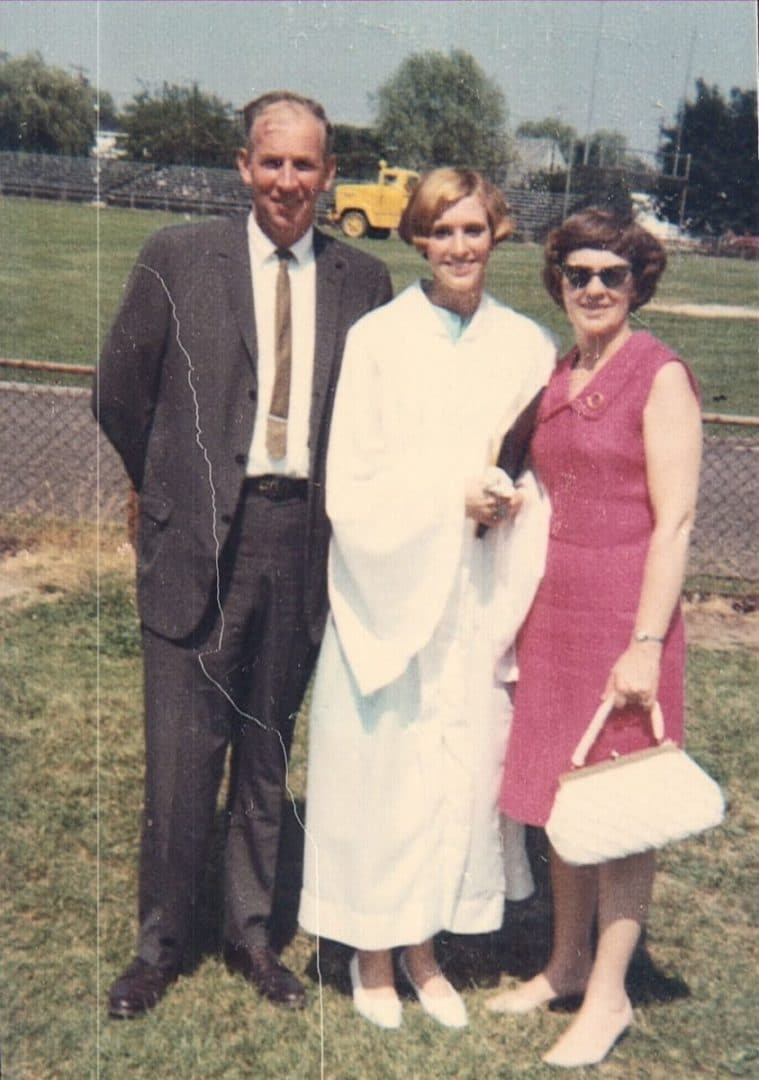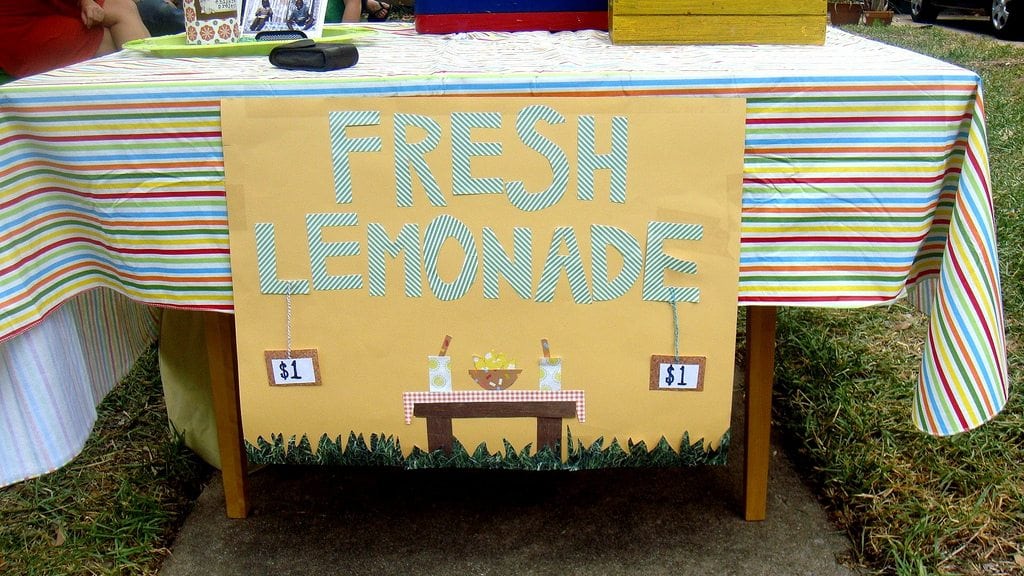Ellen Lubman is an amazing, self-made woman. In some ways, Ellen’s story is reminiscent of many of the Jewish Holocaust survivors during World War II. When Ellen was three-years-old, she and her family were “refusenik’s,” part of the Jewish immigration in the 70s and 80s that fled Kiev—now the capital of Ukraine—in the former Soviet Union. Because they’d been denied employment, imprisoned, and worse, by 1992, one-and-a-half million Russian Jews left their belongings and their country behind them. What started as a small grassroots effort became one of the most successful human rights campaigns of all time.
“WE WERE ALLOWED TO LEAVE WITH ONE SUITCASE AND WERE PUT ON TRAINS BOUND FOR VIENNA, THEN ROME, UNTIL OUR PAPERWORK WAS COMPILED,” SAID ELLEN. “EVENTUALLY WE CAME TO THE US.”
Ellen credits her family’s experience with her the desire to excel and succeed and to help people, especially sick children. “Growing up, it was the American dream to become a doctor. My father’s an engineer. My mom’s a financial analyst. Both very well-educated. Education was critical in my family, so I had to have great grades and work hard.”
In high school, Ellen was a candy striper, and she started a non-profit called, “Kids’ Club,” that helped disadvantaged children, many of whom lived with their mothers in a battered women’s shelter.
“Everything I did was around medicine and kids. In college I was premed and biological sciences. I’ve always been the business person among the nerds, so I ran for government and was a university senator at Rutgers. I’ve always had that dichotomy of science and social.”
Ellen worked hard to pay for her college. After being accepted into three medical schools, she decided she didn’t have the emotional fortitude to be a pediatric oncologist. “I made the difficult decision not to go, which to this day I regret—not because I would have been a doctor—but because I made it up through the ranks in my field as one of the only people without an MD or a PhD. At times, it’s been a struggle.”
After being a pharmaceutical sales rep her first year after college, Ellen went in search of something more intellectually stimulating. While getting her certificate in finance at NYU at night, Ellen worked for a company that organized pharmaceutical and biotech seminars. She became interested in the early days of the Human Genome Project, as it was being sequenced at Celera and the National Institute of Science. Armed with her drive to succeed, Ellen used that knowledge and her science background to work in equity research on Wall Street for Robertson Stephens. She got a masters in business at Stanford as well.
“It was an amazing time in our industry, and an exciting time. I built relationships with pharmaceutical executives and scientists, that I’ve maintained, which has been helpful in my current role. Now I’m accessing and sourcing new, young biotech companies from venture funds, and from the industry, to bring in and partner with Actavis.
“Last week I was at an off-site meeting at Allergan with their R&D group. I was the business person there. When they asked for a volunteer, my hand went up. My boss started laughing. He’s like, ‘Of course!’ I guess that’s my chutzpah. The New York version of courage. It also means you can roll with it and not take ‘no’ for an answer. Chutzpah means you ask for things other people won’t.”












